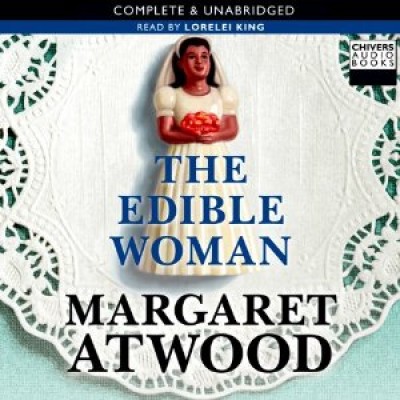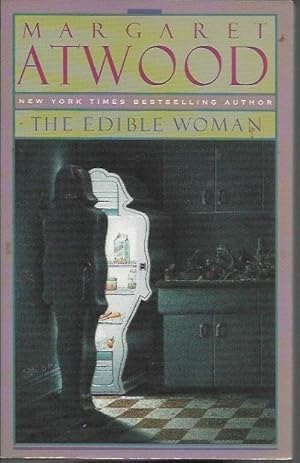
/Margaret-Atwood-GettyImages-81511904x-56aa28285f9b58b7d00116fd.png)
Marian is in a culture where women work but only until marriage, where women attending college is still seen as a waste by some, and where there is a small counter-cultural movement that seems odd to the mainstream characters and feels a bit like a caricature to the modern reader.

It’s impossible to read this book and not feel the 1960s in it. It certainly is jarring to suddenly go from first to third person when talking about the main character, and it sets the tone quite well. It’s an interesting writing device, and one of the things I enjoyed more in the book. This is meant to demonstrate how Marian is losing herself and not feeling her own identity. The novel is divided into three parts, with Marian using first-person narration for the first and third parts, with third person narration taking over for the second. Perhaps the plot is simply dated, but the interesting concept, when fleshed-out, comes out rather ho-hum. Unfortunately, Marian is not really anorexic, it’s more of an elaborate, overdone metaphor. Since I run the Mental Illness Advocacy Reading Challenge, I was also wondering if this might actually be a new take on anorexia. I’m a fan of a few Margaret Atwood books, and the concept of this book intrigued me. What will happen to her if there’s eventually nothing left for her to eat?

First meat then eggs then even vegetables! She thinks of herself causing them suffering, and she just can’t stomach them. What does bother her is that, ever since her engagement, there are more and more things she simply can’t eat. None of this really bothers Marian, though. When he proposes to her, the office virgins think she’s hit the jackpot, her roommate questions why she’s following the norm, and her married and very pregnant friend seems hesitant about her fiancee. Her boyfriend is comfortable and familiar. She has a feminist roommate she doesn’t quite understand, and hangs out with the three office virgins for lunch. It’s the 1960s in Canada, and Marian McAlpin is working writing and analyzing surveys for a marketing research firm.


 0 kommentar(er)
0 kommentar(er)
